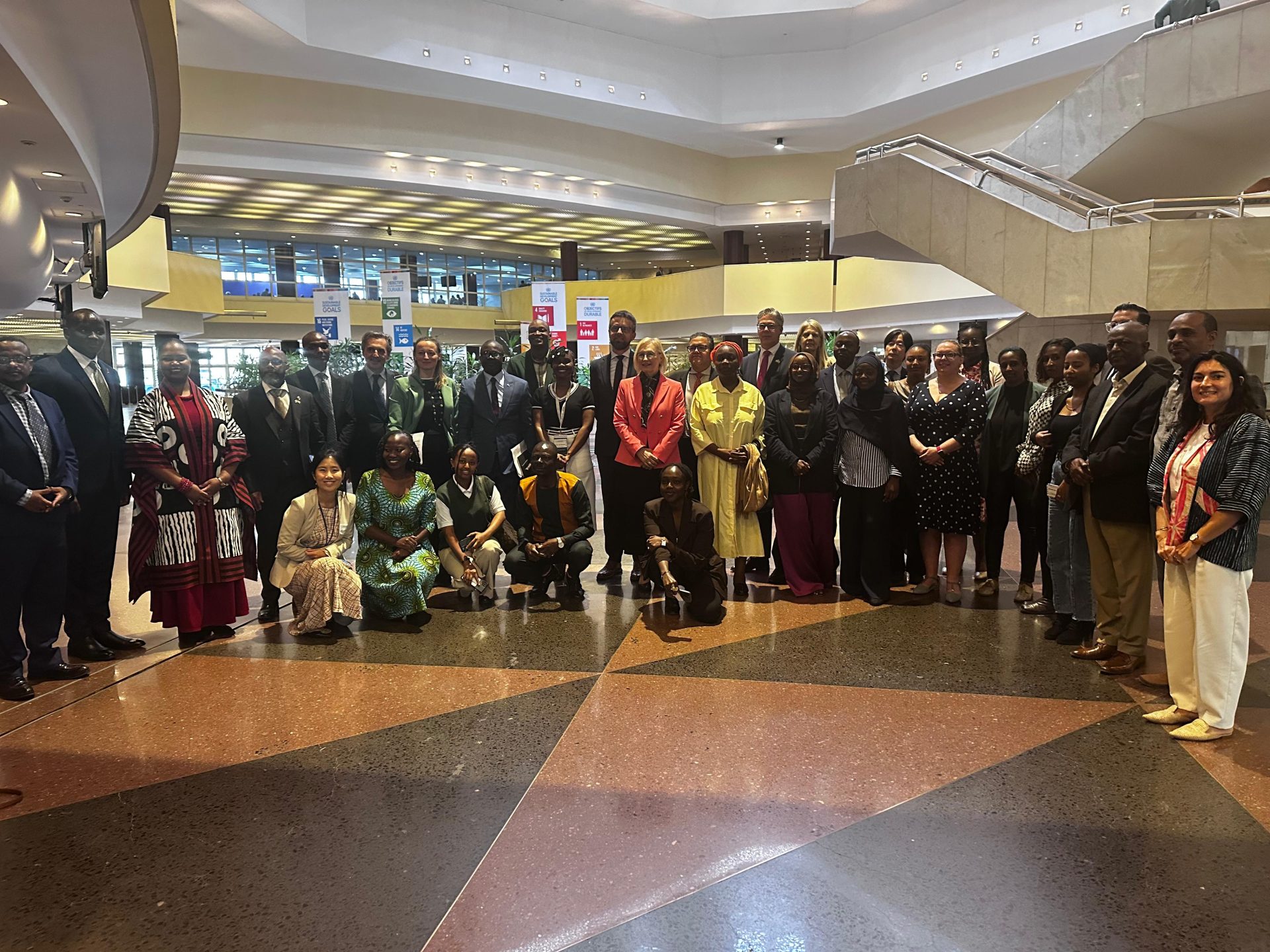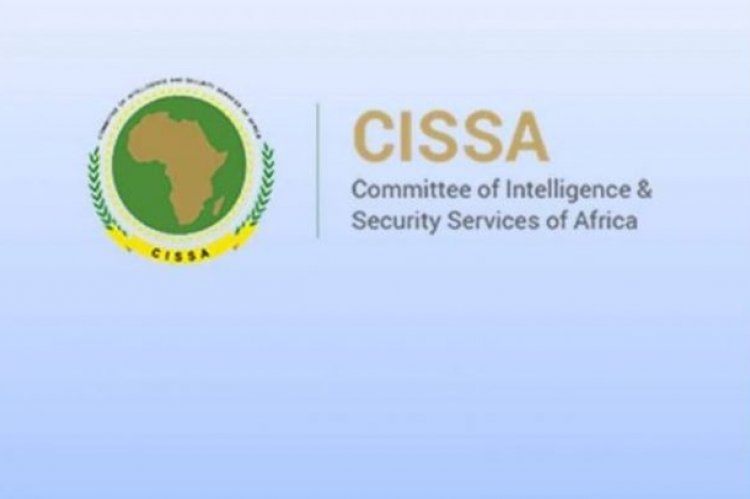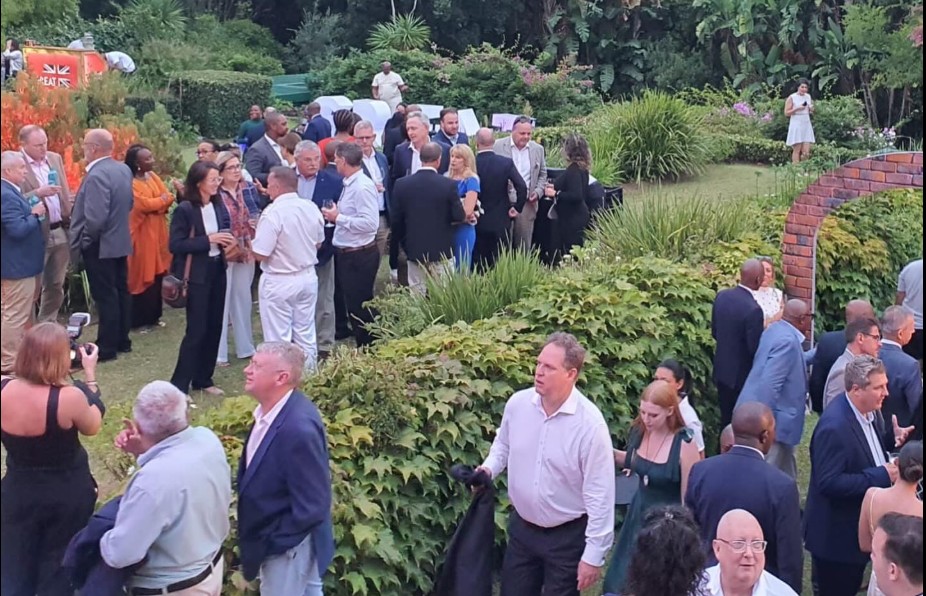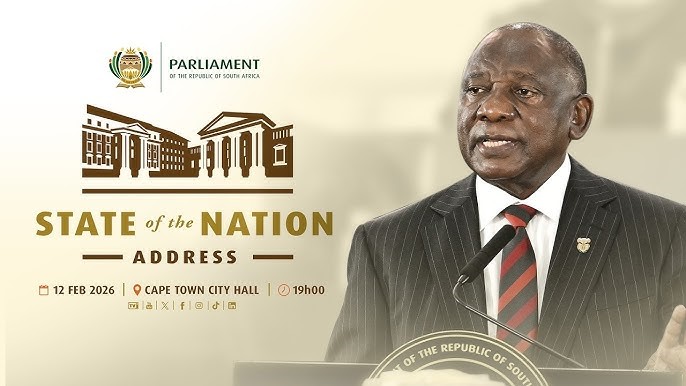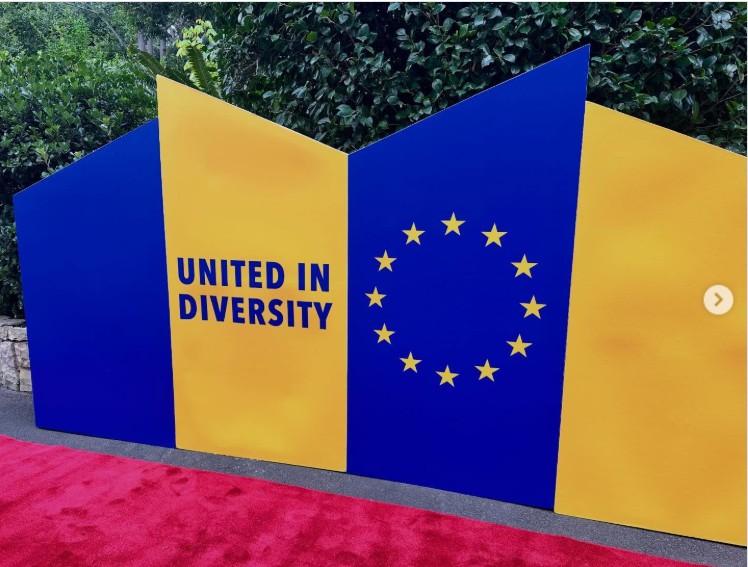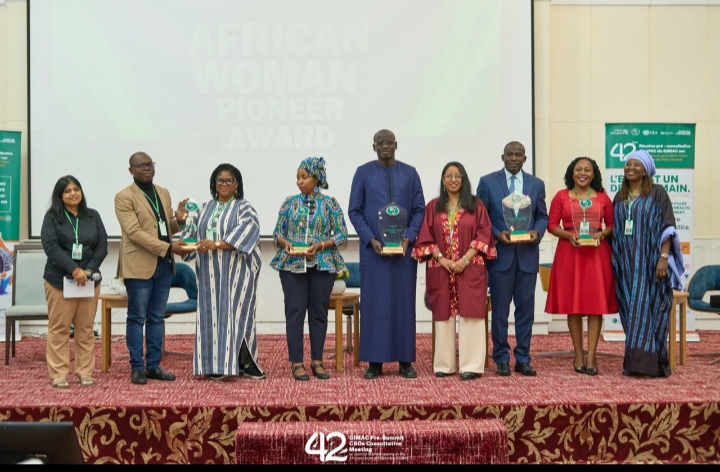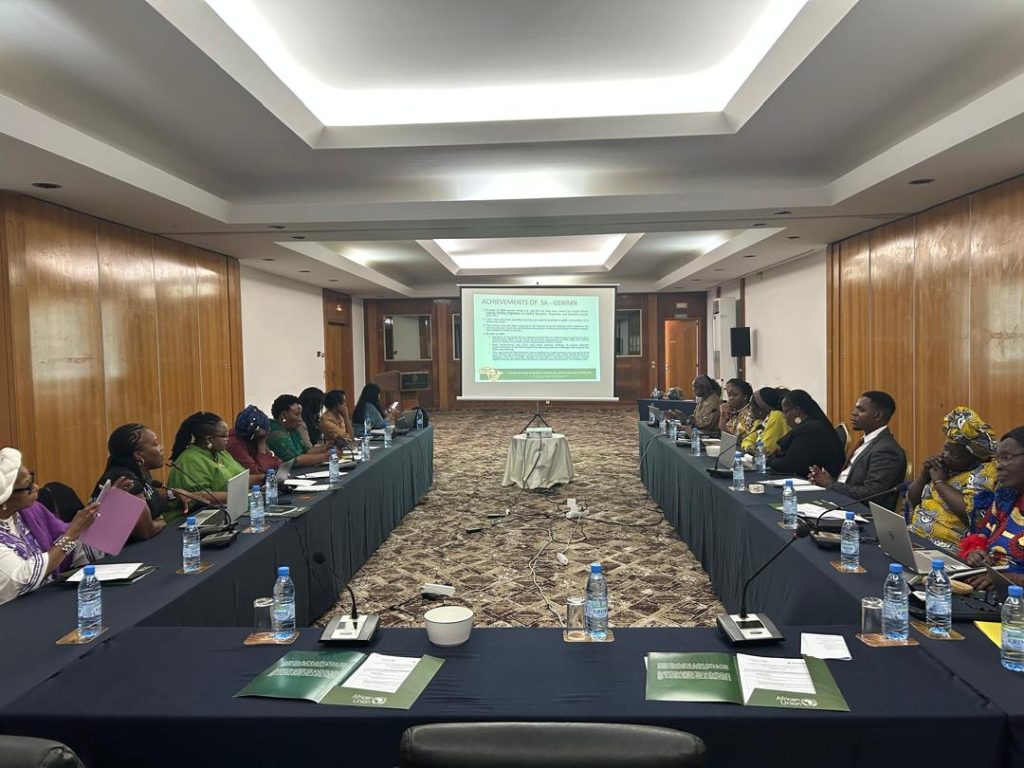On 18 November 2025 ACCORD in collaboration with the United Nations Peacebuilding Support Office (UN-PBSO) and the United Nations Development Programme (UNDP) Regional Service Centre for Africa, hosted the Peacebuilding Commission and African Union Commission Meeting with Civil Society Organisations (CSOs) on Youth, Peace and Security (YPS) and the 2025 African Civil Society Organisations-United Nations Dialogue on Post-Conflict Reconstruction and Development in Africa (PCRD) in Addis Ababa, Ethiopia.
The meetings brought together the United Nations Peacebuilding Commission, civil society organisations, the donor community, and relevant peacebuilding stakeholders to discuss important steps in shaping a shared approach to peacebuilding and PCRD across the continent. This initiative aligns with ACCORD’s strategic objective to strengthen the role of multi-dimensional stakeholders and to constructively resolve conflicts in the region.
The first session of the meeting with the Peacebuilding Commission and the African Union Commission with Civil Society Organisations (CSOs) on Youth, Peace and Security (YPS) had in attendance H.E. Ricklef Beutin, the German Ambassador to the UN and UN Peacebuilding Commission Chairperson (PBSO); Ms Elizabeth Spehar, the Assistant Secretary-General for Peacebuilding Support, in the Department of Political and Peacebuilding Affairs; Ms Nirina Kiplagat, the UNDP Coordinator for Governance and Peacebuilding in Africa; staff of UNPBSO, UNDP and young persons from different parts of the Continent.
The meeting provided a platform for open dialogue with briefers on the persistent crises affecting Sudan, South Sudan, Somalia, the Democratic Republic of Congo, Ethiopia, and various other fragile contexts. The briefers expressed that conflict in Africa today is shaped by interconnected pressures: political instability, climate-induced shocks, socio-economic fragility, and institutional failures. These pressures have weakened resilience at the community level, eroded trust in governance structures, and intensified violence.
Across these contexts, young civil society organisations are first responders, offering humanitarian assistance, documenting abuses, supporting early warning systems, and driving peacebuilding initiatives even in environments where formal institutions are absent. However, structural barriers like language exclusion, corruption in hiring processes, and gender discrimination continue to stifle youth participation. Moreover, despite the development of frameworks such as UNSCR 2250 on Youth, Peace and Security and regional action plans, young people remain excluded from decision-making, and their contributions to peace processes often go unrecognised. They emphasised that young people desire tangible peace outcomes reflected in safety, justice, economic opportunity, and community cohesion.

